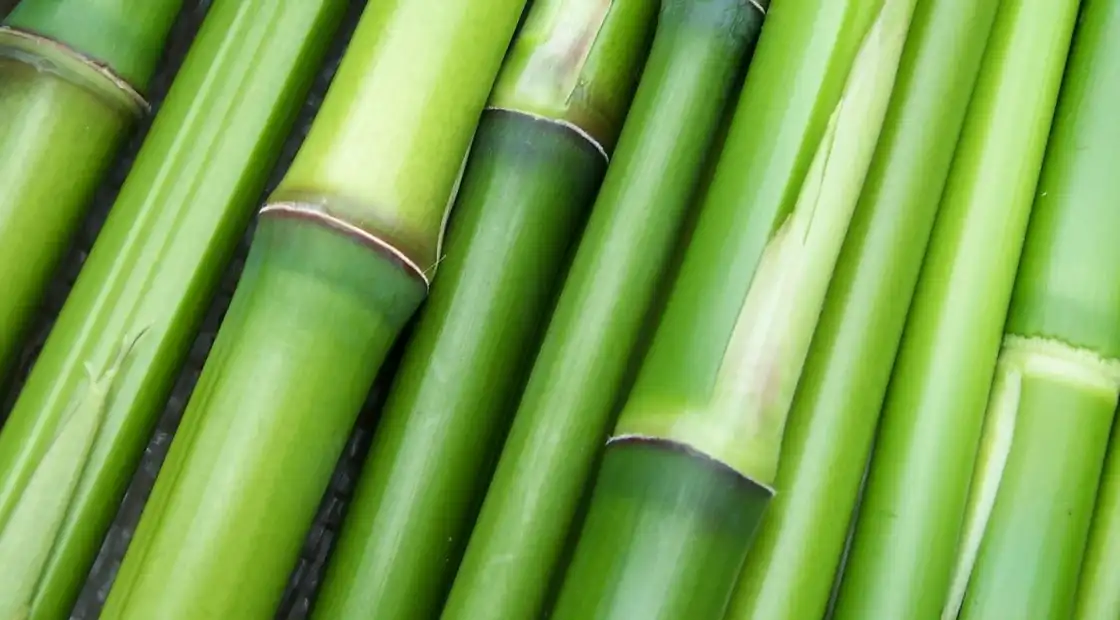News Sectors : discover the structuring of Sectors bamboo, wildflowers and passion fruit

Development of a sector of local herbaceous seeds
At SIVAL 2024, Vincent Roullois, R&D manager at Nova-flore, presented the progress made in the collection and production of locally-sourced herbaceous seeds. Nova-flore, based nearAngers, specializes in the creation of flowering meadows adapted to green spaces, agriculture and the home. For the past decade, the company has systematically included plants attractive to pollinating insects in its floral mixtures. This work is based on data obtained from experiments analyzing the interaction between pure floral species and insects.
The approach consists of collecting wild seeds in their natural environment. Each species is cultivated, multiplied and marketed only in its region of origin, in accordance with the specifications of the "Végétal Local" brand. In 2024, Nova-flore has eight sites spread over five ecological regions. Once collected, the seeds are sorted, pre-multiplied into seedlings and then grown in open fields. Harvests provide the volumes of seeds needed to create flowering mixes, designed among other things to preserve pollinators and support the economic performance of agricultural projects.
Bamboo, a sustainable and profitable alternative
Horizom has detailed an initiative focusing on bamboo as a sustainable crop at SIVAL. Bamboo, adapted to temperate climates such as France's, meets two imperatives: increasing carbon sinks and reducing greenhouse gas emissions. Cultivated to sequester carbon and produce biomass, bamboo offers attractive profitability for farmers, with an average net income of 2,500 euros per hectare per year. Its low sensitivity to climatic hazards and low input requirements make it a resilient crop.
Bamboo outlets include the carbon credit market, where companies buy credits to offset their emissions, and the biomass market. Bamboo can be used to produce insulation, particleboard and horticultural substrates, offering an alternative to the intensive use of peat. Horizom supports farmers in setting up plantations averaging ten hectares in size, helping them to diversify their production. The plantation starts producing from the fifth year, with a renewable annual harvest.
Exploring a new sector for passion fruit
France Konjac 's contribution to SIVAL highlighted an innovative project for passion fruit cultivation in France. The idea was born as part of the company's development to combine the cultivation of passion fruit with that of konjac, exploiting the climbing properties of the fruit to create shade. Following tests which began in 2022, a variety adapted to local conditions has been identified, enabling fruit to be obtained without the systematic use of pollinators. The aim is to reduce the massive annual import of 7,000 tonnes of passion fruit into Europe, often transported by air, while also reducing their environmental cost.
The profitability and viability of this sector still depend on technical improvements, particularly in pollination management. The approach also aims to make these fruits more affordable, while structuring a local sector based on greenhouse production and as a complement to the main crop. Domestic production would not only help to improve theattractiveness of the professions, but also meet the growing demand for exotic fruit in Europe.